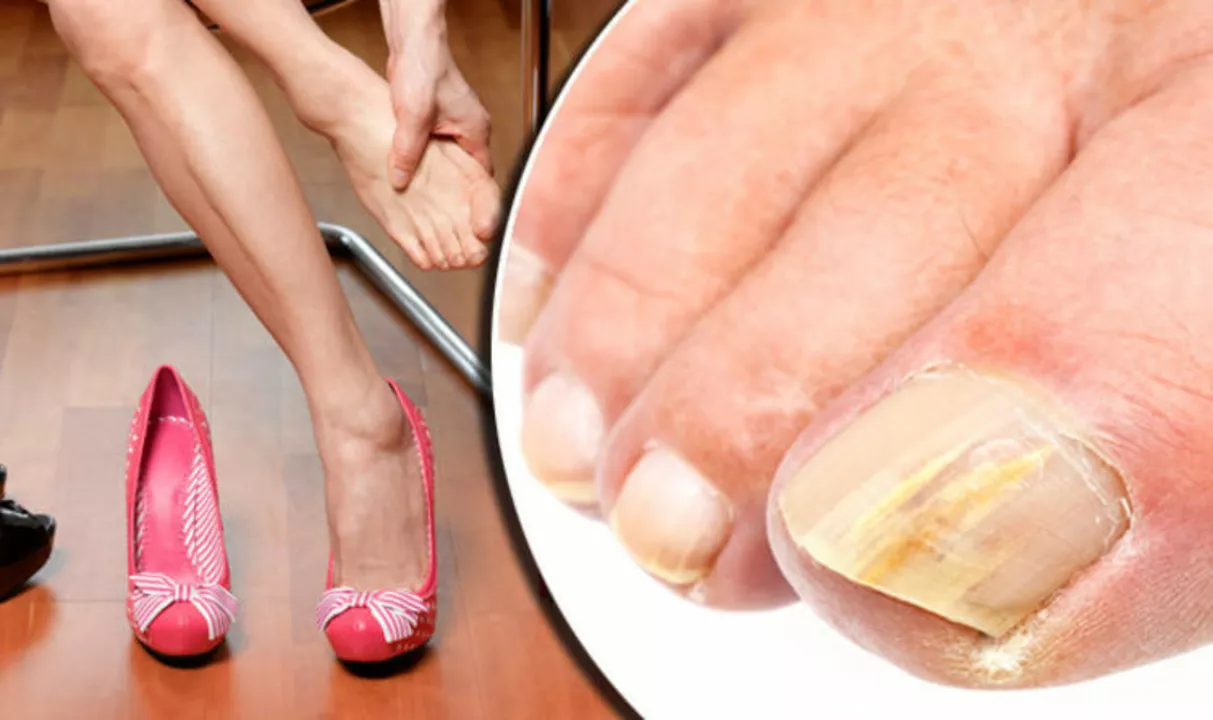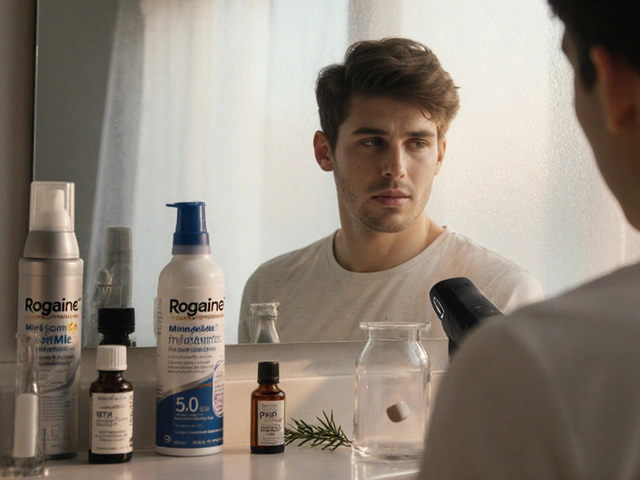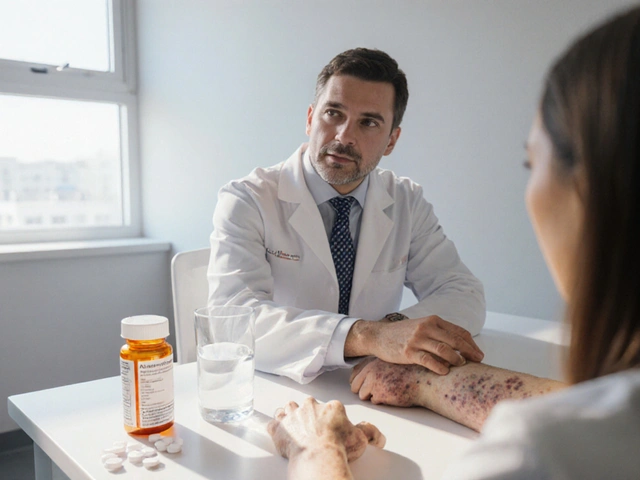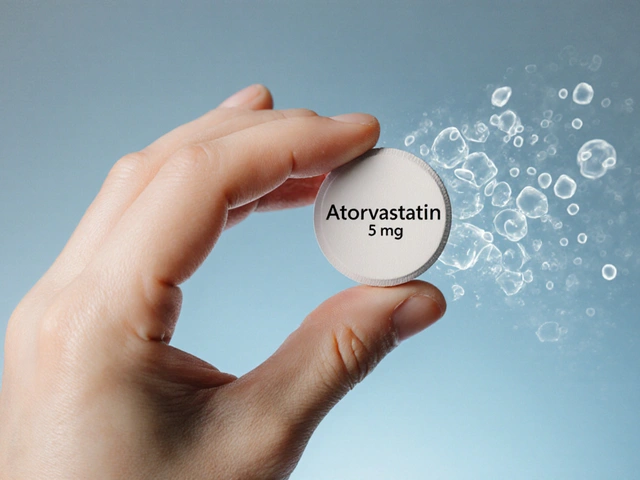Proper hygiene: simple, practical steps you can use today
A quick 20-second handwash cuts a lot of infection risk. That one habit sends fewer bugs into your body and onto the people around you. Proper hygiene isn’t about perfection — it’s about small, reliable actions you repeat every day.
Hand and body hygiene made easy
Wash hands at key times: before eating, after using the restroom, after coughing or sneezing, after touching public surfaces, and after handling pets. Use soap and warm water and scrub for about 20 seconds — hum a short song to time it. If soap and water aren’t available, use an alcohol-based hand sanitizer (60% alcohol or higher).
Keep nails short and clean. Dirt and germs hide under long nails and beneath false nails. Dry hands well — damp hands transfer bacteria faster than dry ones.
For showering, aim for daily or every other day depending on activity and climate. Use a mild cleanser, and focus on areas that sweat more: armpits, groin, and feet. Change socks and underwear daily. If you work in healthcare, food service, or care for someone at home, follow any extra hygiene rules your workplace or clinic sets.
Home, wound and medication hygiene
Treat cuts and scrapes promptly. Rinse with clean water, pat dry with a clean cloth or gauze, apply an antiseptic if you have one, and cover with a sterile dressing. Check wounds daily for increased redness, swelling, pus, or fever — those signs mean get medical help.
Keep bathrooms and kitchens clean. Disinfect high-touch surfaces like doorknobs, light switches, faucet handles, and countertops at least weekly, or more often during flu season. Use bleach solutions or household disinfectants per label instructions.
Medication hygiene matters too. Store medicines in a cool, dry place away from direct sunlight and out of reach of children. Don’t share prescription drugs. When handling pills, use a clean, dry hand or a pill cutter instead of spitting or using wet hands. Dispose of expired or unused meds through a take-back program or follow local disposal guidance.
Oral hygiene helps prevent infections and keeps medications effective. Brush twice daily, floss once a day, and see a dentist regularly. If you’re on dry-mouth-causing meds, sip water, chew sugar-free gum, or ask your pharmacist for solutions.
Travel hygiene: carry a small kit with hand sanitizer, antiseptic wipes, a few adhesive bandages, and any daily meds in their original bottles. Avoid buying medicines from unverified vendors; stick to trusted pharmacies, especially when abroad.
Final tip: build habits around triggers. Wash hands after unlocking the front door, clean the kitchen sink after dinner, and check wound dressings each morning. Little routines beat big, rare efforts every time. Proper hygiene is cheap, fast, and one of the best ways to protect yourself and others.






